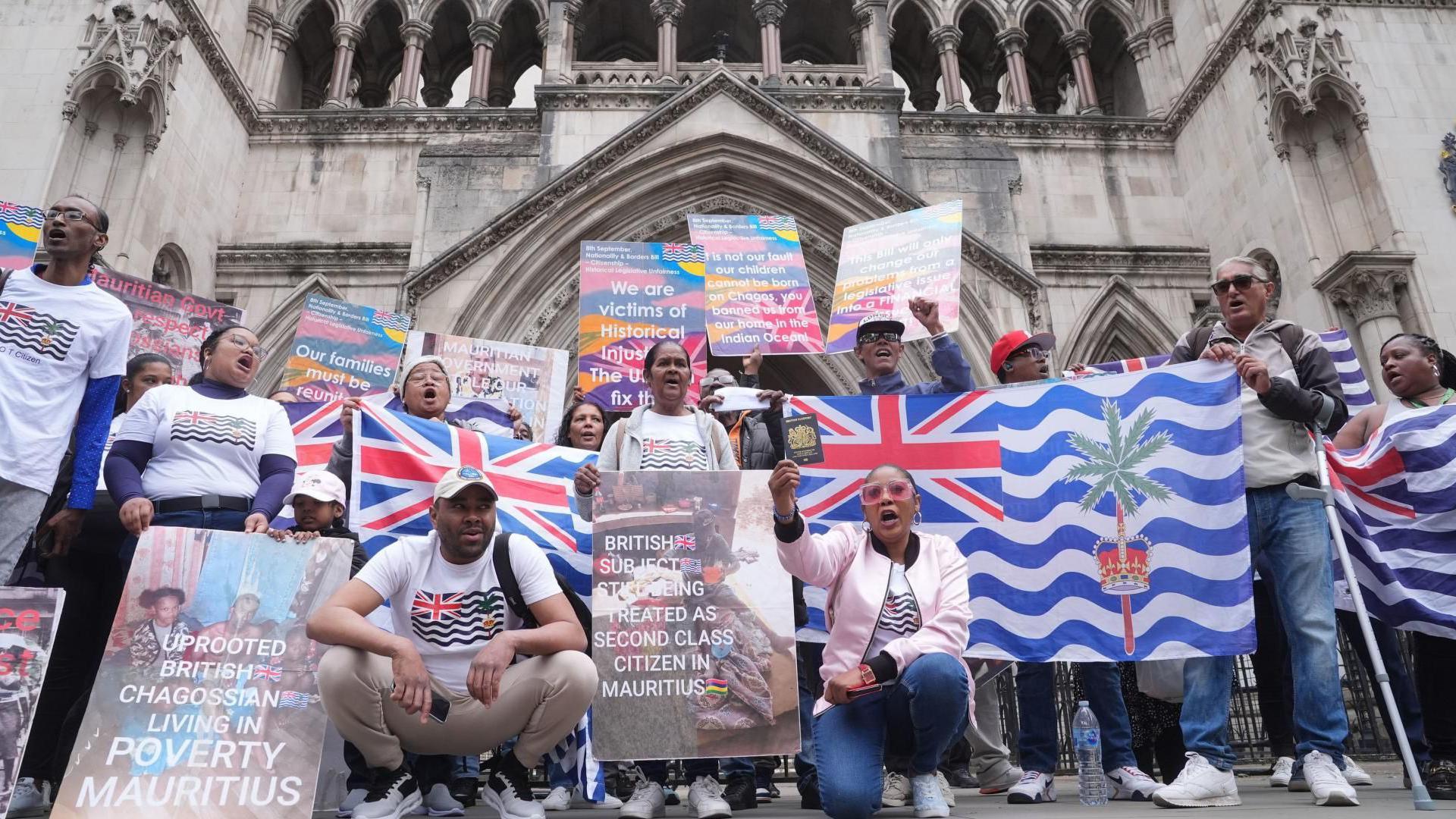When a local council finds itself overwhelmed, it usually has to do with things like rising rents, school places, or healthcare queues.
But for Hillingdon, a borough near Heathrow Airport, the challenge is tied to something much deeper—colonial history, international displacement, and a decades-long promise that’s finally being fulfilled.
Hundreds of Chagos Islanders have arrived in Hillingdon over the past year, and while the borough has welcomed them, it’s also feeling the weight—financially and logistically.
Chagossians Arrive with Hope, But Hillingdon’s Budget Takes the Hit
Over 400 Chagossians landed at Heathrow within a single year, with more than 100 arriving during one week in May alone.
These individuals—descendants of people forcibly removed from the Chagos Islands decades ago—hold British passports.
That gives them the legal right to enter the UK, but it doesn’t mean they’re eligible for the same kind of government assistance as asylum seekers or refugees.
As many arrived without a place to stay, Hillingdon Council stepped in to provide emergency support: housing, prepaid cards for essentials, help with bank accounts, and guidance in applying for Universal Credit.
The cost? Over £508,000 between July 2024 and March 2025, with an estimated annual bill potentially rising to £1.2 million.
Council Appeals to the Government for Fairer Funding
Now, Hillingdon is publicly urging the Government to step up.
Their message is clear: “Do the right thing.”
Local officials argue that current government support only covers the first 10 days of assistance for each arrival, leaving the council and local taxpayers to carry the burden long-term.
Steve Tuckwell, who oversees planning, housing, and growth for the borough, said it plainly: “Heathrow is in Hillingdon.
That’s where people land, and that’s where the costs fall.
The government needs to do more to make this fair for our residents.”
Many Chagossian families arrive with children, which legally obliges the council to provide accommodation.
Some families might stay in temporary housing for up to two years, depending on availability and individual needs.
A Painful Past Comes Into the Present
This situation isn’t just about housing—it’s rooted in one of Britain’s most controversial colonial decisions.
Between 1967 and 1973, the UK evicted the Chagossian people from their homes to make way for a joint military base with the US.
Many ended up in Mauritius and the Seychelles, living in poverty and enduring ongoing discrimination.
To right this historical wrong, the UK later passed a law granting British citizenship to Chagossians and their direct descendants, recognizing their forced displacement.
But while that gave them legal access to the UK, it didn’t come with an adequate support structure.
Personal Stories Add a Human Face to the Crisis
Rebecca Philippe, a descendant of a British Chagossian, was visibly emotional as she arrived at Heathrow.
“My grandmother was uprooted from her island 50 years ago. We saw her pain, and we lived it with her,” she said.
“She’s no longer with us, but we are here—not just for our rights, but to honour her.”
Rebecca also shared how difficult it was to grow up hiding her Chagossian identity in Mauritius, where speaking out could lead to imprisonment.
Now in the UK, she feels she can finally speak freely and embrace her heritage without fear.
Government Response and Ongoing Concerns
A spokesperson from the Ministry of Housing, Communities and Local Government acknowledged the pressure on Hillingdon and confirmed that funding has been provided for areas facing immediate strain.
However, the official also emphasized that individuals are expected to arrange their own accommodation before arriving in the UK.
That guidance, though, seems out of touch with the reality many Chagossians face—displaced by history, unwelcome in their temporary homelands, and now arriving in Britain with hope but few resources.
What Happens Next?
Hillingdon Council continues to push for a more sustainable solution, calling for a funding model that doesn’t penalize local taxpayers for a national policy decision.
Meanwhile, more Chagossians are expected to arrive, and the borough remains on the front line of a humanitarian situation born out of colonial legacy.
The bigger question looms: how will the UK balance its historical responsibilities with the practical demands of local governance?



